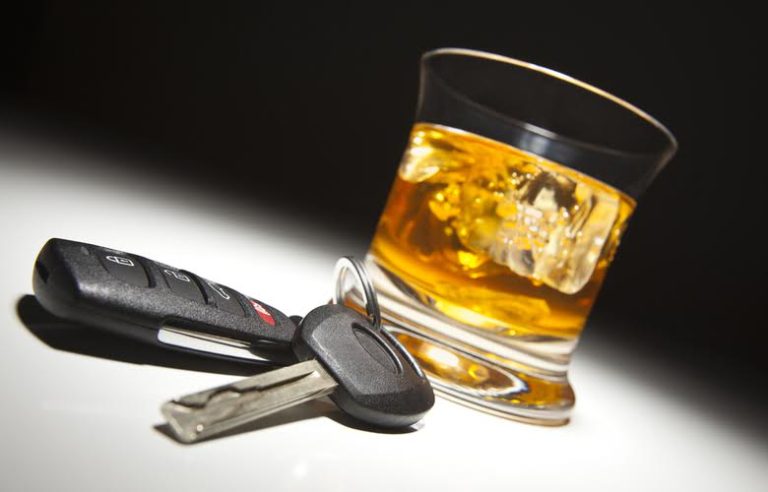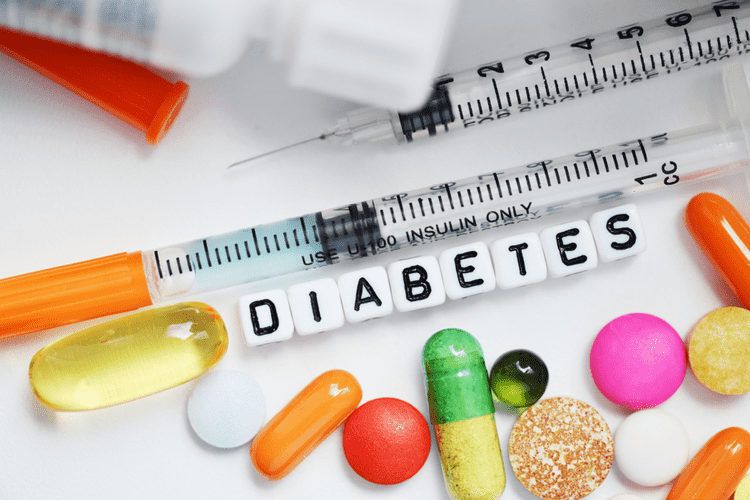Recognizing the problem and accepting the need for help are the foundational steps in alcohol rehabilitation. It is crucial to remember that each person’s journey is unique, and progress may vary. The important thing is to take http://www.bndknives.com/FixedBlade/vintage-fixed-blade-knives that first step towards change and commit to the recovery process. The stages of alcohol rehabilitation provide a roadmap for individuals on their journey to recovery. Each stage serves a specific purpose and builds upon the previous one, creating a solid foundation for lasting change. The truth is, if sobriety really was that bad, nobody would stick around long-term.
Getting Sleep, Dealing With Cravings
- Research shows people who have a supportive social network are more likely to remain alcohol-free after withdrawal.
- This protracted withdrawal can lead to lingering withdrawal symptoms such as irritability, sleep disruptions, problems concentrating, and urges to use alcohol.
- Others in the precontemplation stage may feel hopeless and helpless about their situation or overwhelmed by the energy required to make a change.
- Remember, seeking professional help and support is crucial to ensure a safe and successful recovery.
People in recovery can experience a lot of shame simply for having become addicted in the first place. Once you do return to work, it’s important to create a budget and take steps to safeguard yourself as work stress can be a relapse trigger. Consider reaching out to a vocational rehabilitation counselor or career coach to help you update your resume, practice job interview skills, and locate jobs that match your skills and experience. The symptoms involved in PAWS can be a barrier to recovery if you’re not careful.

History of substance abuse
- A supportive circle offers motivation and support during tough times.
- Long-term recovery is a journey, and it’s important to celebrate the milestones along the way.
- Although these new activities are healthy and productive, they can be a stumbling block to lasting recovery if they become a transfer addiction to fill the void left by the original addiction.
- For many, the first day of abstinence usually follows a day of very heavy alcohol consumption—either a binge or a multi-day bender.
This is most likely to occur in programs that provide services and therapies based on research. Evidence-based addiction treatment uses the current and best research-based evidence to make informed decisions about your rehab care. Acknowledging and celebrating the hard work of recovery is helpful for keeping you motivated and reminding you why you took this brave step toward sobriety in the first place.
- These people can provide valuable emotional support and practical advice.
- However, some individuals may experience lingering psychological symptoms, such as irritability, sleep disturbances, and low mood.
- Check it out here to gain a better understanding of your journey towards sobriety.
- If this seems a strange place to find yourself at the start of a profile of John Mulaney, you might consider how John Mulaney feels.
What happens in the preparation stage of recovery? #

Those with a longer history of alcohol consumption or heavier drinking may experience more severe withdrawal symptoms lasting for 2 weeks or longer. During the detoxification stage, medical professionals closely monitor individuals to ensure their safety and to manage any complications that may arise during withdrawal. Medications https://bernow.ru/pregnancy-planning/umer-li-lil-kto-takie-lil-repery-lichnaya-zhizn-lil-pump.html may be prescribed to help alleviate withdrawal symptoms, reduce cravings, and prevent potentially dangerous complications. The detoxification process can last from a few days to a couple of weeks, depending on the individual’s specific circumstances. The stages of alcohol recovery include detoxification, rehabilitation, and maintenance.
- It’s a deep change in thinking, backed by the 12-Step program and recovery stages.
- What type of treatment you need depends on several factors, including the severity of your addiction.
- People who are daily or heavy drinkers may need medical support to quit.
- Relapse becomes an opportunity for more improvements when people try again, so it should not be a reason to give up on sobriety.
In the Next Few Weeks

Studies suggest digital health options can improve access to care for some of the 15 million people experiencing http://www.endeav.org/page.php?id=65 alcohol use disorder each year. Family, group, and individual therapy help people work through their problems, family problems, and peer issues. They learn why they make certain choices, discover triggers, and develop strategies for overcoming addiction and coping with triggers. Therapy often addresses addiction and any mental health issues that may co-occur with it. Secondly, recovery podcasts offer a wealth of information and resources. They often feature experts in the field of addiction and recovery who provide valuable insights and advice.
